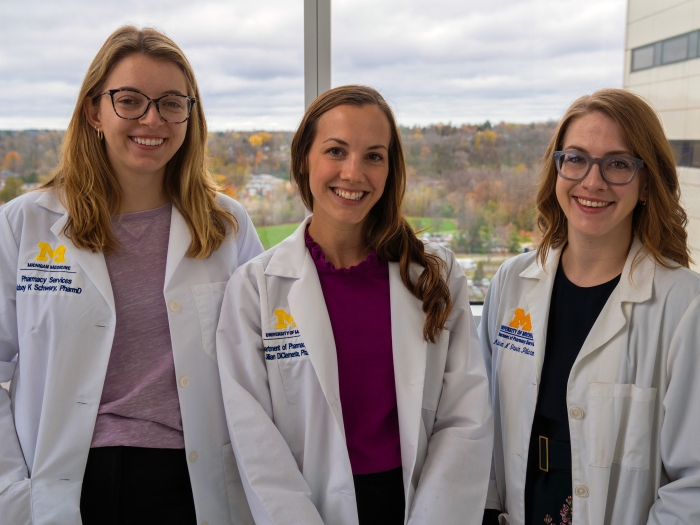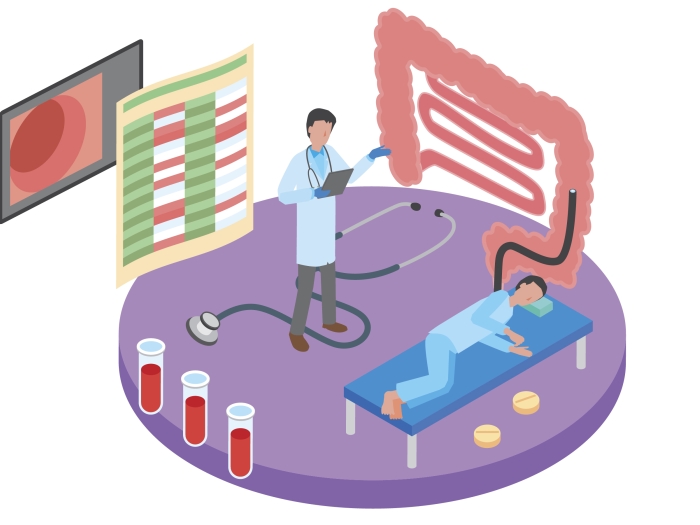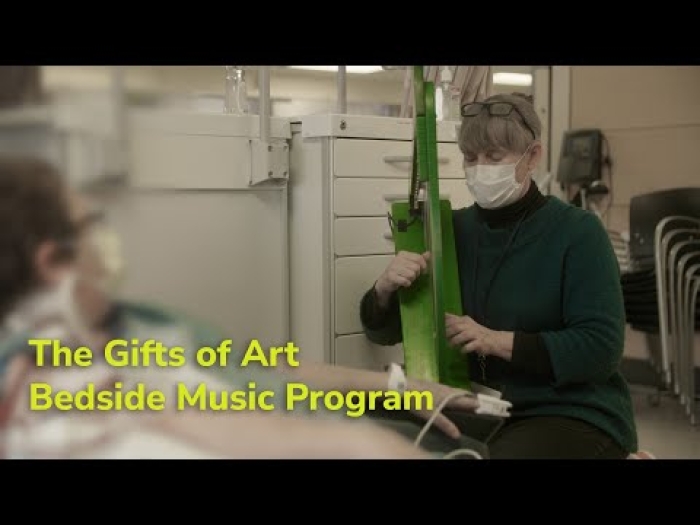
In Hoping to Help: The Promises and Pitfalls of Global Health Volunteering, author Judith Lasker examines how global health efforts can both help and harm communities in the developing world. Her premise is that while some efforts are genuinely beneficial for everyone involved, a growing sector of global health volunteering is "designed to benefit the volunteers more than the host communities." Four global health experts recently shared their thoughts on the topic.
"[Lasker's premise] is largely correct. But I wouldn't undermine the power of experiences for students when they are trying to determine their future career paths. When I reflect on my own journey, which has focused on system strengthening in low-resource settings, I was propelled by experiences I had rotating as a student in the 1980s in India and Nepal. If I hadn't had those, I suspect that I wouldn't be spending the time working on global health that I do now. The point, though, that aligns with the premise is that the value in my experience as a student was not in providing care and assistance to those countries where I was rotating. Rather, it was preparing me and I was, in fact, getting much more out of it than I was giving. And the way forward is to expose other learners in a way that maximizes benefit [to host countries] and minimizes the harms that can result if these experiences aren't carefully thought through."
Joseph C. Kolars, M.D. (Fellowship 1989)
Senior Associate Dean for Education and Global Initiatives
Josiah Macy, Jr., Professor of Health Professions Education
"The history is that academic medical centers and health care institutions have been a part of broader movements, oftentimes including religious organizations, that sent groups of well-intentioned people for direct service in low-resource settings. For at least 10 years, the University of Michigan as a medical school has been moving away from that model in a direct line. We're dedicated to making that model obsolete … Our approach to partnering with low- and middle- income countries and lower-resource settings than the United States is to build a platform that is jointly constructive to our partners. Partners are meaningful collaborators. They help create and drive the agenda. We collaborate within the creative platform of mutual benefits. We developed one for over 30 years in Ghana, where the premium is on capacity building, and we've had remarkable success."
Brent Williams, M.D.
Associate Professor of Internal Medicine
Director of Global Health and Disparities Path of Excellence
"You have to make sure that the global partnership is bidirectional and that the needs of the people in the country you're working with are getting put in front of yours. I think we, as researchers here in Michigan, can craft our research questions to go along with those needs and priorities. At U-M, there are such amazing opportunities for medical students to go abroad, and on the flipside, there are such ideal examples of how sustainable global collaborations can be made. That's one of the strengths we have that globally sets us apart. We have leaders that insist right out of the gate that everything we do has to be bidirectional, has to be long-term. These aren't 'one-and-done' projects — let's make sure that we're making a difference."
Jason Bell, M.D.
Assistant Professor of Obstetrics and Gynecology
"Through the partnership [in postgraduate OB-GYN training between the University of Michigan and the University of Ghana], Ghana has seen significant progress and improvement in medical education. A lot of our teachers have been students in the partnership, and the partnership has [created] a lot of obstetricians who are practicing and teaching in our country. The thing about this partnership is, unlike some other ones in which people go away for training and don't come back, somehow all the students return to practice and some eventually teach in Ghana … [In my training], I have learned how the practice of gynecologic care is supposed to be in a country where you have all of the resources available to you. Likewise, I think [U-M residents] who come to my country also realize the best that we are trying to offer with the little resources that we have. I think this exposure helps us, both ways, to be the very best we can be with what we have."
Titus Beyou, M.D.
Fourth-year resident at the University of Ghana





